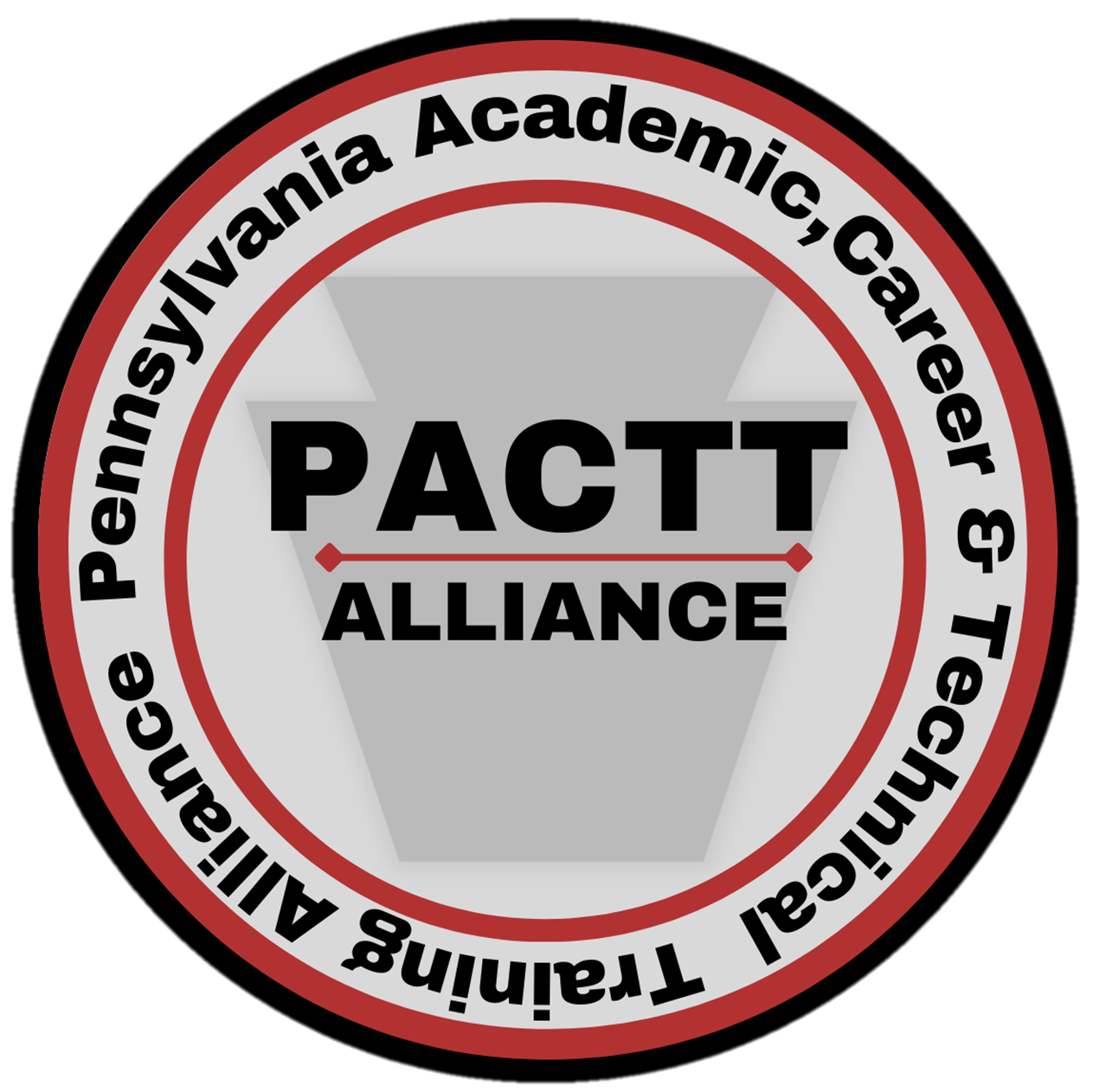We’re grateful to LNP + LancasterOnline for publishing this important opinion piece by our executive director, Chris Runkle.
Chris talks about the strategies needed to mitigate the substance use disorder crisis among our youth, and its interconnection to a broader mental health crisis among young people.
“Nobody is untouched by this situation, and I believe our nation cares about it deeply — but we avoid frankly discussing its causes and solutions among adults, and even more so when it comes to conversations with our children,” writes Chris.
We hope you read the entire piece, either below or at LNP via the link above, to learn more about the holistic treatment strategies we practice at Manos House, and how you can help sustain our endeavors for local youth in need of support.
Dear Editors,
As the leader of an organization that serves local teens who are working to overcome substance use disorder, I appreciate the LNP | LancasterOnline Editorial Board addressing the mental health crisis among the country’s youth in its Oct. 26 editorial (“Please take heed”). Nobody is untouched by this situation, and I believe our nation cares about it deeply — but we avoid frankly discussing its causes and solutions among adults, and even more so when it comes to conversations with our children.
I’m the parent of a teenage daughter, and the idea of kids her age considering suicide feels untenable. It’s heartrending, as the editorial board wrote, to think about a 12-year-old Columbia seventh grader suffering to the point that he ends his own life.
The soaring rate of mental health issues among adolescents — it was increasing even before the pandemic — has predictably led to too many of them turning to drugs and alcohol to “manage” conditions like anxiety, depression and post-traumatic stress disorder.
Like me and my colleagues at Manos House, that teacher clearly recognized that therapeutic, evidence-based approaches work. As a residential treatment facility in Columbia, Manos House works with males ages 14 to 18 dealing with substance use disorder and an array of correlated issues.
On our campus along with Manos House are our Supervised Independent Living program for males ages 16 to 20, and Prospect Grove High School, all under the umbrella of Drug and Alcohol Rehabilitation Services Inc.
This year, we celebrate our 50th anniversary of serving Lancaster County. Since 1996, Manos House and the independent living program have cared for 2,670 young residents of Lancaster and nearby counties.
Our leaders at Manos House focus on evidence-based practices and interventions that are individualized based on the young man’s presenting and underlying needs. Prospect Grove High School is an outcome of these efforts, and since its inception in March 2000 the school has educated 2,262 students.
Prospect Grove is a recognition of the tremendous positive impact that an uninterrupted education has on the success of clients undergoing treatment for substance use disorder. Located on our beautiful campus — the site of the former St. Joseph’s Convent — Prospect Grove operates year-round; it is a private academic high school licensed through the Pennsylvania Department of Education. This means it can issue transferable credits, award high school diplomas, and serve as a GED testing site. In the 2021-22 academic year, Prospect Grove educated 102 students, issuing seven diplomas and 12 GED certificates.
Treatment must go beyond the surface. As part of our holistic approach, Prospect Grove recently earned affiliation status with the Pennsylvania Academic, Career and Technical Training Alliance, which aims to improve the training youths receive while in residential treatment programs like ours, as well as in their home communities upon return.
Another outcome of this approach is our partnership with Lancaster Art Room, a new tenant on our campus. Owner Beth Harrison holds a weekly art class for our clients.
These initiatives are helping us to battle the mental health and substance use disorder crisis among young people, and they’re made possible by community support.
As we receive more and more applications for treatment in our facilities, our needs grow — as does our reliance on this support. Operating Prospect Grove, for instance, costs $130,000 during the summer; we receive financial support from each student’s home district during the normal academic year, but that funding doesn’t continue over the summer.
We give clients opportunities to engage with the community through service opportunities, as well as extracurricular activities, and being able to offer a variety to choose from is key.
For example, leaders of Bright Side Opportunities Center recently requested the boys’ help in setting up for their church’s weekend event, and raved about their efforts in an email to our staff.
Local business owner Josh Hollinger gave welding lessons to some of our clients after hearing about their project to build a demolition derby car.
Please consider working with us to offer more such opportunities.
And please speak up on our behalf. Funding for mental health and addiction treatment services is always in a precarious state. The $100 million in American Rescue Plan Act funding the state Legislature said would go toward enhancing the commonwealth’s mental health infrastructure is still in flux, and many local governments continue to cut mental health program funding from their budgets.
Perhaps someday we won’t have to be fundraisers for our own efforts, and we can focus solely on helping our youth learn how to lead confident, fulfilling lives. Until then, organizations like ours continue to rely on the support of people in our communities.
Chris Runkle is executive director of Drug and Alcohol Rehabilitation Services Inc. in Columbia (manoshouse.com).


